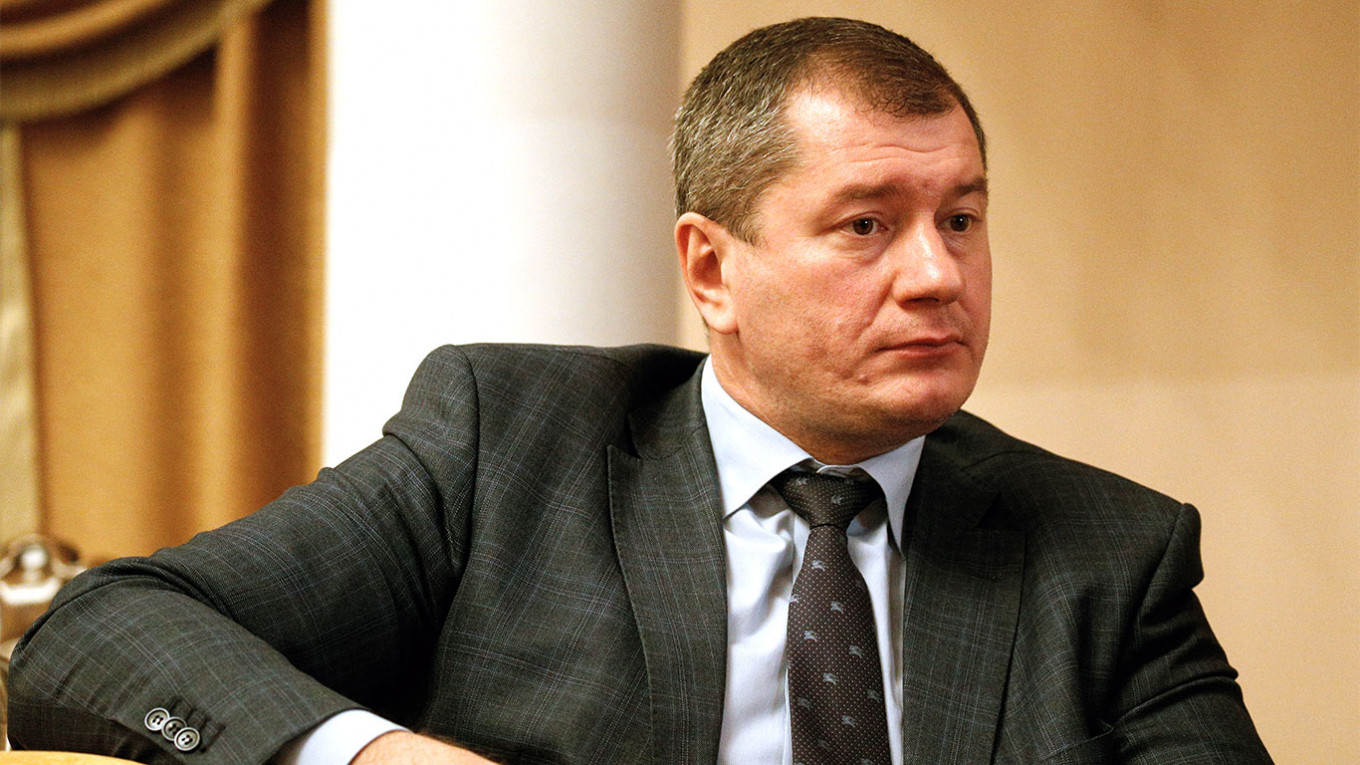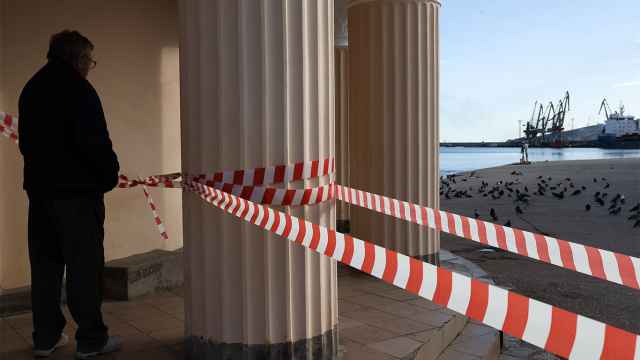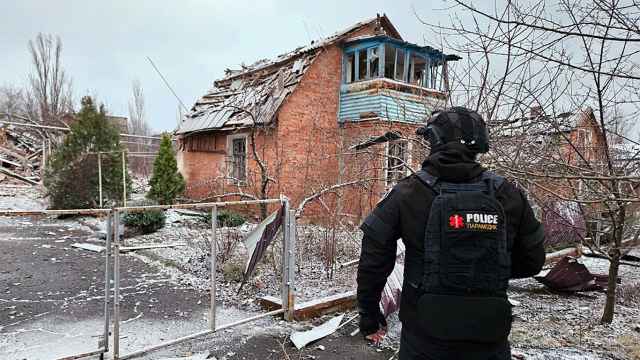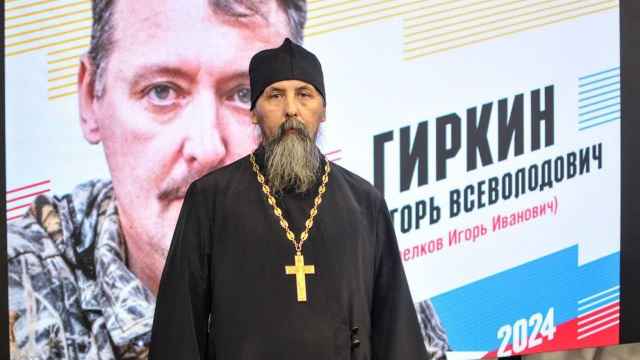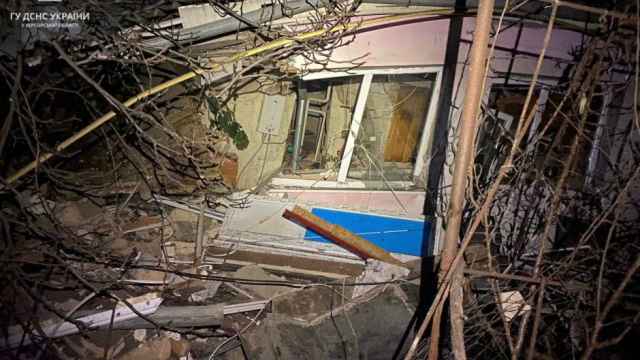An official from Russia's powerful FSB security services took over the government of the Moscow-occupied Kherson region in southern Ukraine, Kremlin-installed authorities said Tuesday.
Sergei Yeliseyev, until now the deputy head of government in the Russian exclave of Kaliningrad, "became head of the government in the Kherson region," said Vladimir Saldo, who heads the Russian occupational administration.
His government takes office on Tuesday, he added.
A graduate of the FSB Academy, 51-year-old Yeliseyev served in the security services in unspecified functions, according to the Kaliningrad region website.
Alexei Kovalev, a former Ukrainian lawmaker who has switched to Russia's side in the conflict and survived an assassination attempt in June, was appointed as Yeliseyev's deputy.
"Ukraine is forever in the past for the Kherson region. Russia is here forever," the Moscow-installed authorities said on Telegram.
Kherson city, which lies close to Moscow-annexed Crimea, was the first major city to fall to Russian forces since the Kremlin sent troops to Ukraine in February.
Moscow has since launched a campaign of so-called Russification, trying to introduce the ruble, giving out Russian passports and opening a first Russian bank at the end of June.
Critical voices have been largely suppressed.
When Russian President Vladimir Putin launched his Ukraine campaign in late February, he said Moscow did not intend to occupy Ukraine.
But since then, the Kremlin has said that people in those areas should choose their own future, implying that it may organize an annexation, as was the case with the Crimea peninsula in 2014.
There have been several attacks on representatives of Moscow's occupational forces in Kherson in recent weeks.
Bolstered with new weapons from the West, Kyiv's army has regained some settlements in southern Ukraine from Russian forces.
A Message from The Moscow Times:
Dear readers,
We are facing unprecedented challenges. Russia's Prosecutor General's Office has designated The Moscow Times as an "undesirable" organization, criminalizing our work and putting our staff at risk of prosecution. This follows our earlier unjust labeling as a "foreign agent."
These actions are direct attempts to silence independent journalism in Russia. The authorities claim our work "discredits the decisions of the Russian leadership." We see things differently: we strive to provide accurate, unbiased reporting on Russia.
We, the journalists of The Moscow Times, refuse to be silenced. But to continue our work, we need your help.
Your support, no matter how small, makes a world of difference. If you can, please support us monthly starting from just $2. It's quick to set up, and every contribution makes a significant impact.
By supporting The Moscow Times, you're defending open, independent journalism in the face of repression. Thank you for standing with us.
Remind me later.


